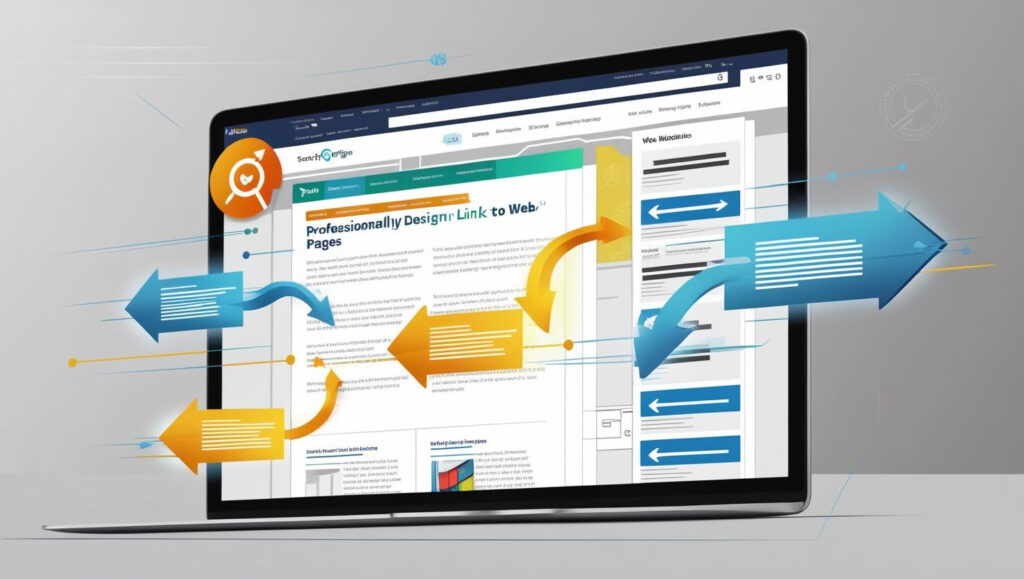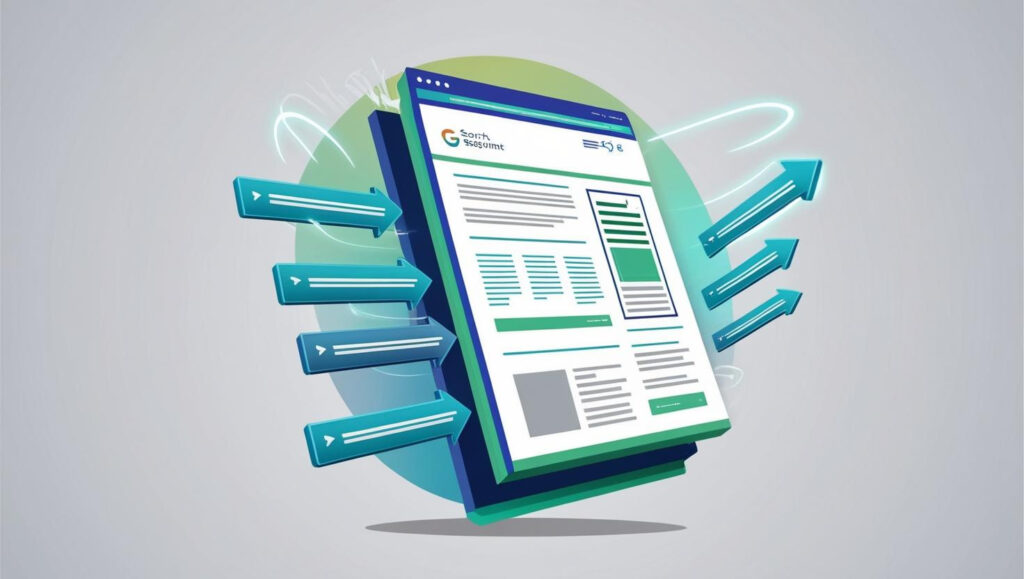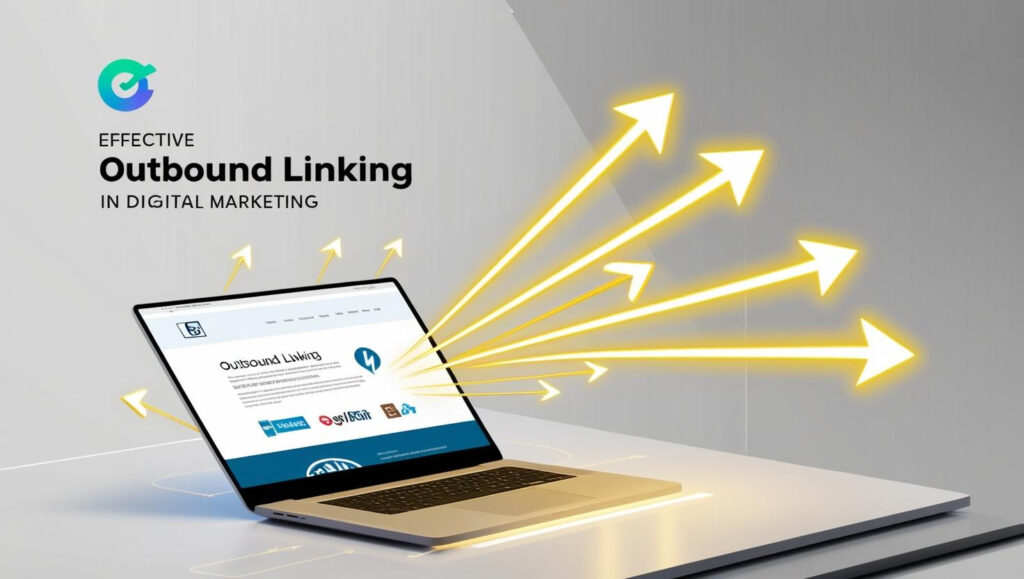Search Engine Optimization (SEO) is essential for businesses looking to improve their online presence. Among various SEO techniques, utilizing external links plays a significant role in enhancing website authority, improving search engine rankings, and driving organic traffic.
This article explores the various aspects of external links, their importance in SEO, and practical strategies to effectively integrate them into your SEO approach.
Understanding External Links

What Are External Links?
External links, or outbound links, are hyperlinks directing users from your website to another domain. They provide additional information and resources, enhancing user experience. Additionally, these links signal to search engines that your content is connected to other relevant sites, which can improve your site’s credibility and search rankings.
Types of External Links
- Nofollow Links: These links contain a special attribute that tells search engines not to follow them. While they do not pass SEO value directly, they can still drive traffic.
- Dofollow Links: These are standard links that allow search engines to follow them and pass on SEO value, contributing to a site’s authority.
- Editorial Links: Links that are given naturally by other websites due to the quality of your content. These are the most valuable for SEO.
- Sponsored Links: Links that are paid for. They should be tagged with the appropriate attributes to inform search engines.
- User-Generated Links: Links created by users in comments, forums, or other platforms. These can vary in quality and relevance.
Why External Links Matter
- Establishing Authority: Linking to reputable sources can improve your website’s credibility.
- Enhancing User Experience: Providing additional resources improves the overall user experience.
- Driving Referral Traffic: External links can lead users to your site from other domains.
The Role of External Links in SEO

Building Trust and Credibility
Search engines, particularly Google, prioritize websites that offer reliable information. Linking to high-quality, authoritative sources signals to search engines that your site is trustworthy, helping to establish your credibility in the digital landscape.
Improving Rankings
Quality external links play a vital role in boosting your site’s ranking in search engine results. When your website is associated with reputable domains, it enhances your overall visibility and authority, leading to better search performance.
Enhancing Crawlability
Search engines rely on links to discover new content. By linking to external sites, you aid search engines in understanding the context of your content, which enhances indexing and makes it easier for users to find your site.
Best Practices for Using External Links

Link to Authoritative Sources
When choosing which sites to link to, focus on those that are well-respected in your field. This includes:
- Academic institutions
- Government websites
- Well-known industry blogs
Use Relevant Anchor Text
Anchor text refers to the clickable text in a hyperlink. It’s important to make this text descriptive and relevant to the linked content. Doing so helps users understand what they will find when they click the link, and it aids search engines in assessing the context of your content.
Keep Links Natural
Avoid cluttering your content with excessive external links. Instead, focus on a few well-placed links that enhance the user experience and provide value. A balanced approach not only improves readability but also helps maintain the quality and effectiveness of your content in the eyes of both users and search engines.
Monitor Your Links
Regularly auditing your external links is crucial for maintaining their relevance and functionality. Broken or outdated links can negatively impact user experience and harm your SEO efforts. By checking links frequently, you ensure that your content remains reliable and accessible to users.
Encourage Link Sharing
To foster external linking back to your site, create high-quality and shareable content. Examples include infographics, comprehensive guides, and original research that others in your industry find valuable. This not only drives traffic to your site but also enhances your credibility and authority within your niche.
Strategies to Implement External Linking

Content Creation
Create valuable content that naturally lends itself to external linking. Examples include:
- Guides: Detailed articles that explore a topic comprehensively.
- Research Studies: Original research that provides new insights.
- Infographics: Visually appealing representations of information that others may want to share.
Guest Blogging
Writing guest posts for reputable websites is an effective way to include external links back to your site. Focus on creating high-quality content that is relevant to the host site’s audience. This not only enhances your visibility but also establishes your authority in the field, encouraging readers to visit your site for more information.
Collaborations and Partnerships
Collaborating with other businesses or influencers in your niche can open up mutual linking opportunities. By working together, you can reach a broader audience and benefit from shared resources. This partnership not only enhances visibility for both parties but also fosters credibility as your networks combine and promote each other’s content.
Social Media Promotion
Sharing your content on social media platforms is a vital strategy for driving engagement. Create compelling posts that encourage shares, leading to potential external linking opportunities. As your audience interacts with your content, it increases the chances of other users linking back to your site, boosting your overall visibility and traffic.
Resource Pages
Identify resource pages in your niche that compile helpful links and reach out to their owners. Suggest your content as a valuable addition to their list. This approach not only enhances your chances of obtaining high-quality backlinks but also positions your content as a useful resource within your industry.
Analyzing the Impact of External Links
Tracking Performance
Use tools like Google Analytics and Search Console to monitor the impact of your external links on traffic and rankings. Pay attention to:
- Referral traffic from external sources
- Changes in search engine rankings after linking to authoritative sites
Adjusting Your Strategy
Regularly analyze your external linking performance to identify what works best. If specific types of links generate better results, concentrate your efforts in those areas. Adapting your strategy ensures that you maximize the effectiveness of your external links, enhancing overall SEO performance and visibility.
Common Mistakes to Avoid
Overlinking
Including too many external links can overwhelm your readers and obscure your main message. It’s best to limit your links to a select few high-quality ones that add real value to your content. This approach ensures clarity and maintains reader engagement.
Linking to Low-Quality Sites
Linking to websites with poor reputations or low domain authority can damage your own site’s credibility. Always choose reputable sources to enhance your content’s reliability. Prioritizing quality over quantity in your external links helps maintain your site’s integrity and trustworthiness.
Ignoring Anchor Text
Neglecting to use descriptive anchor text can make your links less effective. Clear, context-relevant anchor text informs users about the linked content, enhancing both usability and SEO. Always ensure that your anchor text accurately reflects what readers can expect when they click.
Neglecting Broken Links
Broken links can frustrate users and negatively impact your SEO efforts. Regularly check your external links to identify and fix any that are no longer functional. Maintaining high-quality, active links enhances user experience and supports your site’s overall authority.
Failing to Promote Your Content
If you don’t actively promote your content, it may not attract the external links you need. Share your work across various platforms and engage with your audience to encourage others to link back to your content, boosting visibility and credibility.
FAQs
Do external links help SEO?
Yes, external links can enhance SEO by improving your site’s credibility, establishing trust with search engines, and providing valuable context for your content. Linking to reputable sources signals that your information is reliable, which can positively influence your search rankings.
What are the different types of external links?
External links can be categorized into several types: dofollow links, which pass SEO value; nofollow links, which do not pass SEO value; editorial links, given naturally by other sites; sponsored links, which are paid for; and user-generated links, created by users in comments or forums.
How do I find authoritative sites to link to?
To find authoritative sites, consider resources like academic institutions, government websites, and well-respected industry blogs. Tools such as Moz and Ahrefs can help assess domain authority and identify high-quality sources relevant to your niche.
What is the role of anchor text in external links?
Anchor text is the clickable text in a hyperlink. Using descriptive and relevant anchor text helps both users and search engines understand the content of the linked page, improving the overall user experience and contributing to SEO.
How many external links should I include in my content?
It’s best to limit external links to a few high-quality ones rather than overwhelming your content with many links. A focused approach helps maintain clarity and keeps the reader engaged without diluting your main message.
Can broken external links affect my SEO?
Yes, broken external links can negatively impact user experience and may harm your SEO efforts. Regularly checking and updating your links ensures that your content remains functional and trustworthy.
How can I encourage other sites to link to my content?
To encourage external linking, create high-quality, shareable content such as infographics, comprehensive guides, or original research. Promoting your content on social media and engaging with your audience can also increase the chances of others linking back to you.
Should I link to competitors?
Linking to competitors can be beneficial if their content provides valuable information that enhances your own. This practice can foster relationships within your industry and may lead to reciprocal linking, but ensure it aligns with your content strategy.
Conclusion
External links are a crucial component of any effective SEO strategy. By understanding their significance and implementing best practices, businesses can improve their website authority, enhance user experience, and drive more organic traffic.
Remember to create high-quality content, link to reputable sources, and monitor your links regularly. With careful planning and execution, external links can significantly bolster your SEO efforts and contribute to your online success.
By thoughtfully integrating external links into your content, you can foster a web of trust and authority that not only enhances your site’s visibility but also enriches the experience for your visitors.
Latest Posts
- What Is Alt Text in SEO? Boost Rankings with This Simple Trick!
- Does AI Write Seo-Optimized Content 3x Faster Than Human Writers
- Does ChatGPT Generated Text Hurt Your SEO? Find Out the Truth!
- Does the Number of Elementor Containers Affect SEO? Get the Facts!
- How Do Blogs Help SEO? Learn Why It’s a Game-Changer!